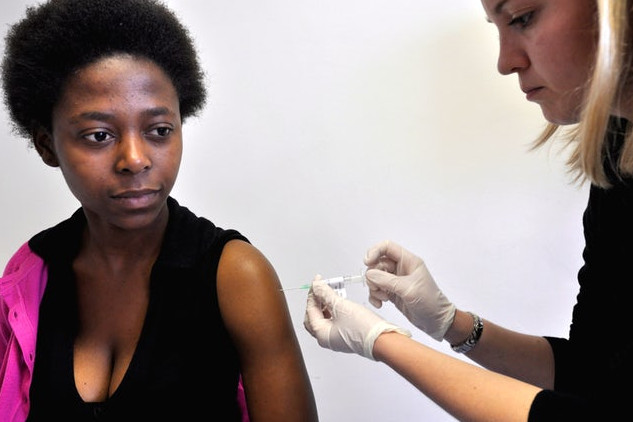A team of researchers at the Florida campus of Scripps Research Institute, are in the test phase of a new approach to suppressing the HIV virus and may have discovered a ‘functional cure’ for HIV. The researchers are using the compound, didehydro-Cortistatin-A, (dCA), to subdue HIV-infected cells in lab mice. This method that the researchers refer to as the ‘block- and- lock’ approach is meant to stop the reactivation of the virus in cells, and even during treatment interruptions, and locks HIV into a durable state of latency.
There are no immediate plans for human testing, but the researchers are optimistic that these preliminary results are encouraging for the 1.8 million people living with HIV in the United States alone. The global organization, UNAIDS, shared the latest statistics on the status of HIV and the AIDS epidemic, that worldwide in 2016, 1.8 million people became newly infected with the virus and that 1.2 million people died from AIDS- related illnesses.
Health experts stress that prevention is key. Education, safe sex practices, and the use of pre-exposure prophylaxis drugs, are among some of the recommendations suggested by the Centers for Disease Control and Prevention (CDC). Most importantly, getting tested and knowing one’s status is the best course of action. Testing has become more accessible now more than ever. Any primary medical care center or urgent care clinic can administer HIV testing.
Even with promising research such as the ‘block-and- lock’ approach, a definitive cure for HIV / AIDS is still years away. The CDC strongly suggests seeking medical care such as a visit to a primary medical care center or urgent care clinic if experiencing any of the most common symptoms of HIV infection such as rapid weight loss, prolonged swelling of the lymph nodes in the groin, neck, or armpits, extreme fatigue, and continual fevers, just to name a few. An early diagnosis given at a primary medical care center or urgent care clinic may lead to more successful treatments and prevent transmission of the virus to others.
